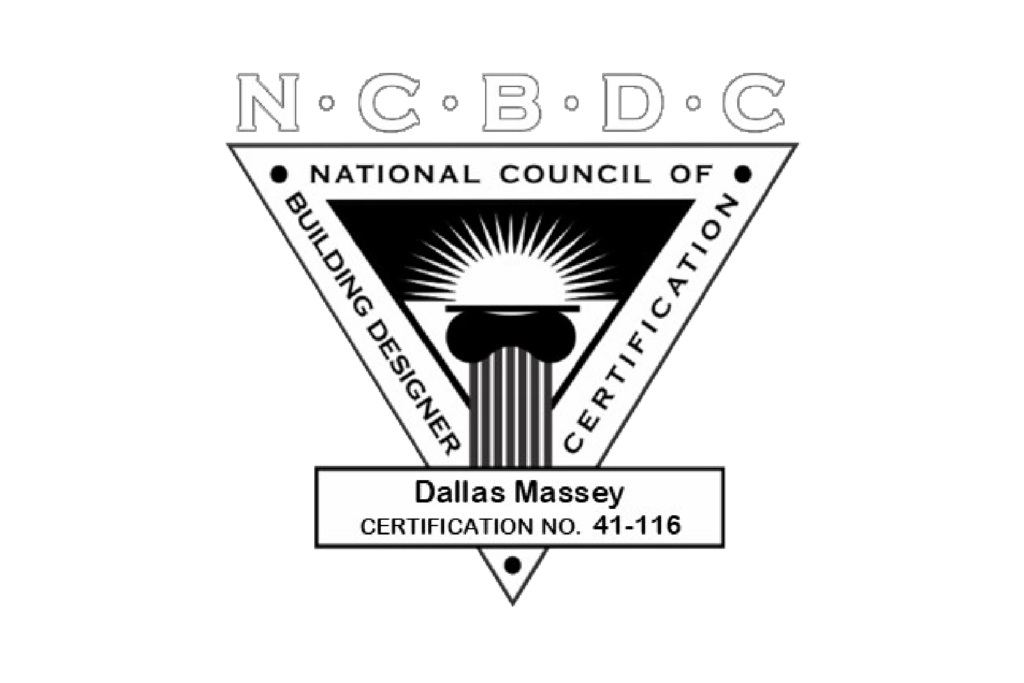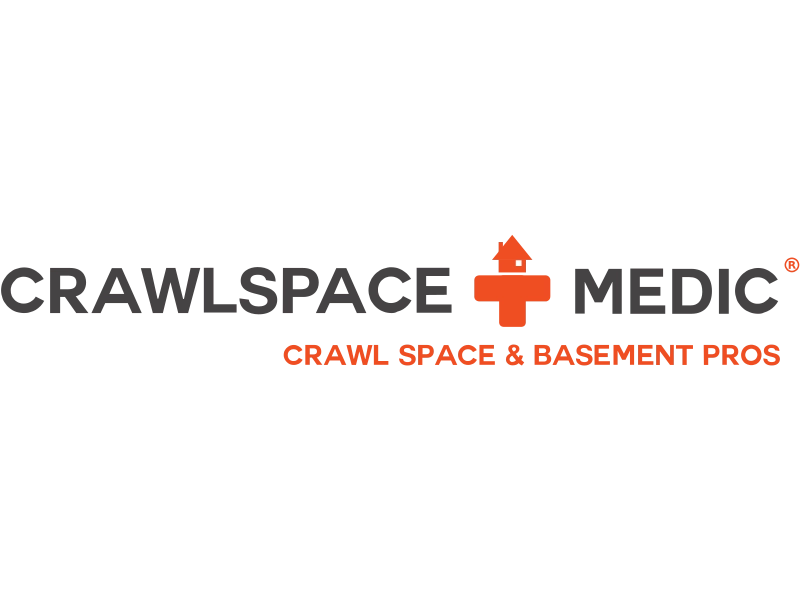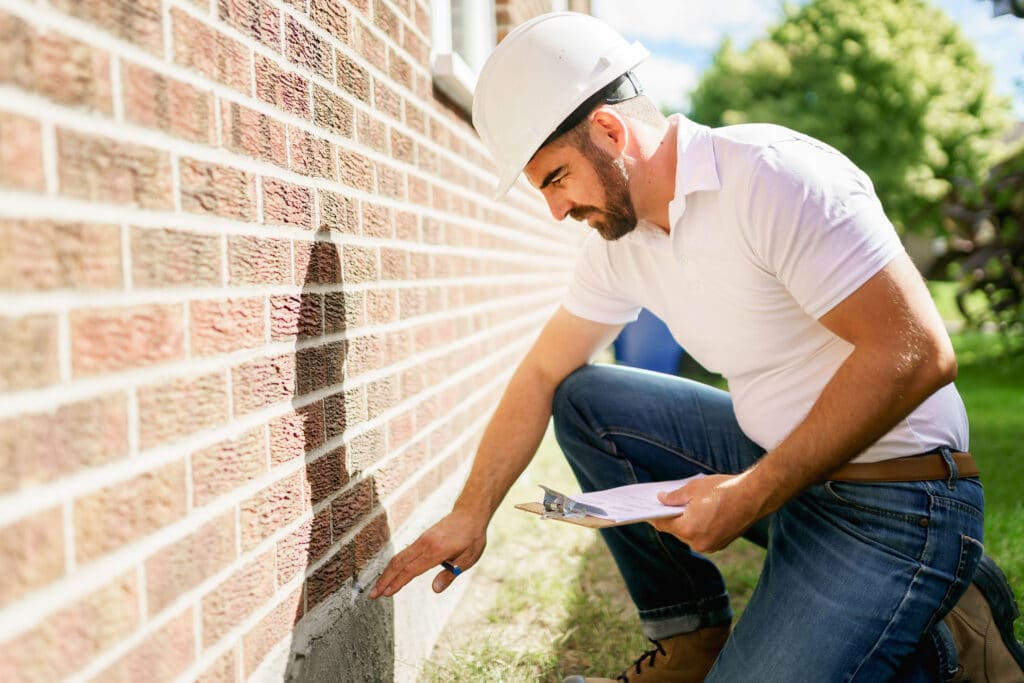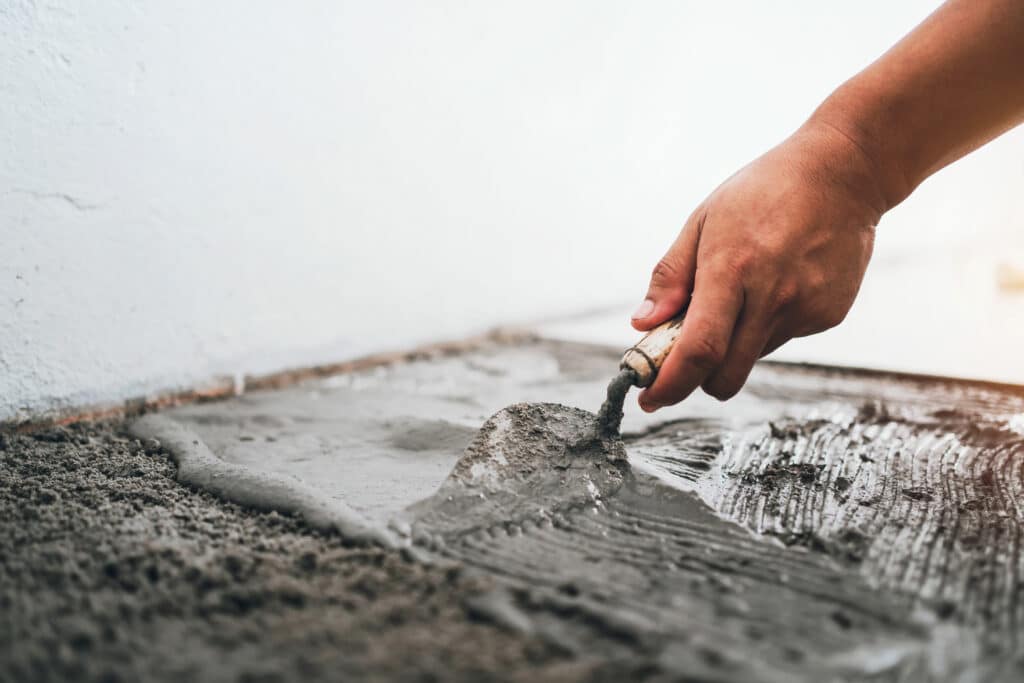Common Causes of Foundation Problems in Columbia
Foundation issues have a few possible causes. Here are the top ones for Columbia residents:
- Soil composition: Soil with large clay or sand concentrations is highly expansive. In the heavy rainfall Columbia receives, the soil soaks up moisture like a sponge, then releases it in dry seasons. The constant expansion and contraction stresses nearby foundations, even if the foundations stay dry.
- Standing water: Pooling water around your home can threaten your foundation, especially when it collects in areas your gutters don't protect.
- Improper modifications: Roofing or landscaping work that wasn't completed properly could lead to your foundation settling.
- Tree Roots: Tree roots can encroach on a home's foundation through crevices, and may exert pressure that leads to your foundation cracking, pipes being damaged, and overall structural destabilization.
How to Choose the Best Foundation Repair Company
Your home's structural integrity weighs heavily on its foundation. It's crucial to select the most qualified crew possible. Center your research on these qualities:
Licensing and Experience
According to the South Carolina Department of Labor, Licensing, and Regulation, foundation repair companies need a general contractor's license. Contractors that do not perform commercial work can pursue licensure from the Residential Builders Commission. To further understand your contractor's experience, we recommend asking questions about what local codes apply to your project, how the company inspects foundations, and how its team will draft plans and pull permits.
One of the most effective ways to assess a company's reputation is to browse its website. Look for the company's history and what credentials its team holds. Many top companies publish educational content for potential customers.
Customer Reviews
Before choosing a company, examine its online profile with the Better Business Bureau (BBB). You can examine both complaints and positive reviews. Complaints aren't necessarily a red flag in themselves. You want to discover how a company manages them. If the management team proactively and consistently resolves issues, it's a good sign. However, if the company lacks accreditation, has an abundance of negative feedback, and doesn't communicate effectively, you should avoid working with it.
Finally, we encourage you to search different websites, such as Trustpilot and Google, for additional feedback.
Foundation Repair Cost in Columbia
The cost of foundation repair can range widely depending on the extent of the issues and what needs to be done to resolve them. For minor foundation fissures and settling issues, you may pay as little as $1,800. However, if there is substantial deterioration, the average cost will likely fall around $2,600. More complex jobs involving tunneling, helical piers, or major mudjacking could cost $6,800 or more. This table shows the average foundation repair costs for common issues.
| Common Foundation Repair Services | Average Cost |
|---|---|
| Crack Repair | $316 |
| Leak Repair | $2,480 |
| Stabilization | $4,256 |
| Underpinning | $1,212 |
| Waterproofing | $2,734 |
Ready to Get a Quote on Your Foundation Repair Project?
Please enter a valid 5-digit zip code!
Frequently Asked Questions About Foundation Repair in Columbia
What will I pay to repair my foundation in Columbia?
What are some signs I need foundation waterproofing?
- Hairline cracks
- Plumbing leaks
- Flooding
- Discoloration or odors
- Uneven floors
- Mold and mildew
Are there telltale signs I should avoid a particular foundation company?
Will foundation repair disrupt my daily routine while the work's being done?
To share feedback or ask a question about this article, send a note to our Reviews Team at reviewsteam@thisoldhousereviews.com.
More Foundation Resources
National Foundation Repair Ranking Methodology
Sources
U.S. Census Bureau (American Communities Survey)
















